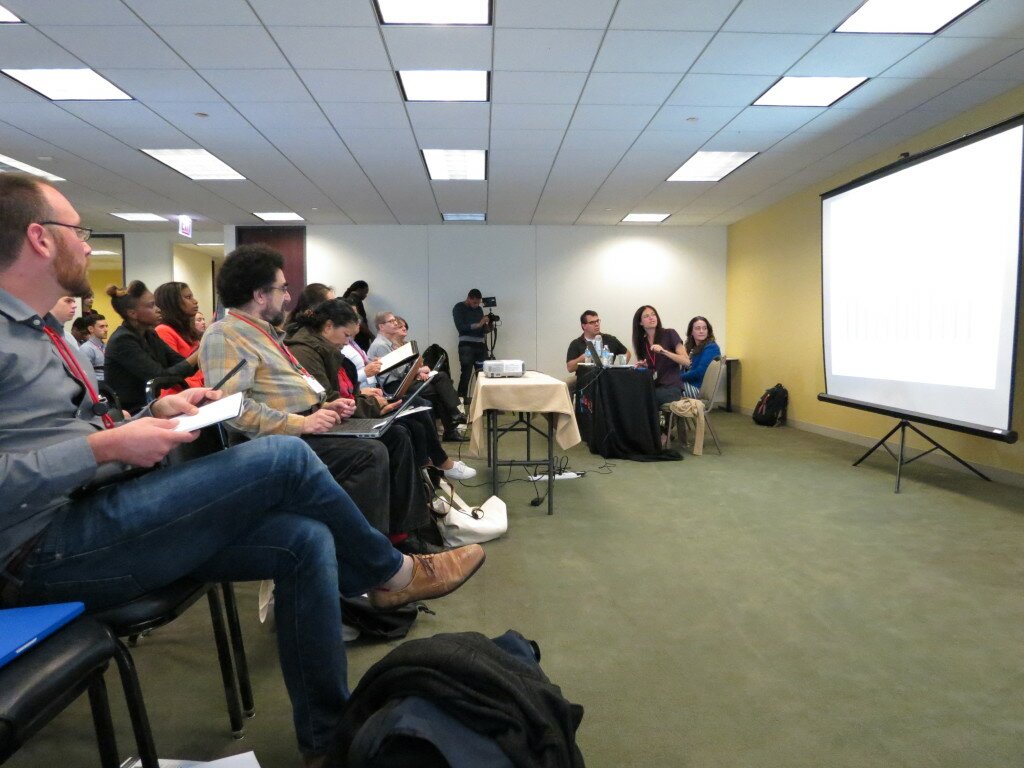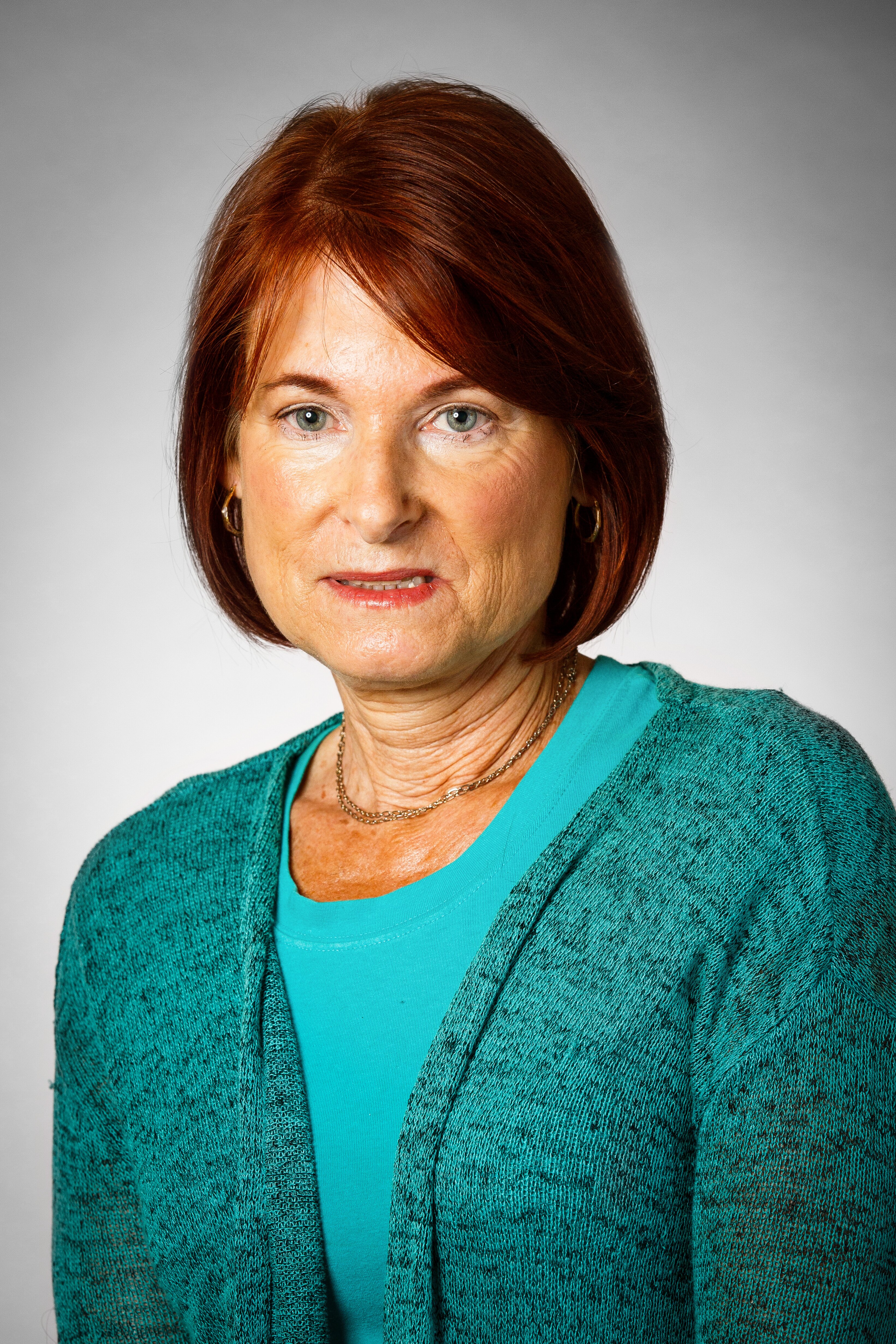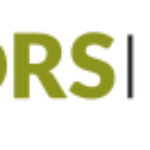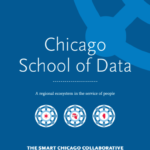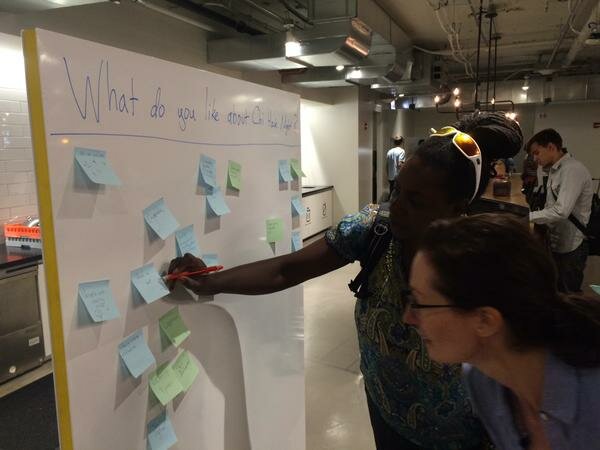Note: During Chicago School of Data Days, Smart Chicago hired a corps of documenters to take notes, write, photograph, and record our conference sessions. We want to feature some of our documenter’s writing in a series of blog posts. Our first post is from Genevieve Nielsen who wrote about the Access Gaps Session from the first day of Chicago School of Data Days. You can also watch the video of the session here.
As the Chicago School of Data evolves, the accessibility of reliable data remains a challenge to its growth. In fact, Kathy Pettit of the Urban Institute began the conference by mentioning that looking for data often feels like “looking for a needle in a haystack.” The Chicago School of Data Conference began with three sessions under the heading of “Gaps” to discuss how organizations are currently using data and how to improve accessibility.
In the session on Access Gaps, Traci Stanley, the Director of Quality Assurance for Christopher House, spoke of her involvement in the Chicago Benchmarking Collaborative: “We were all tracking outcomes of our programming, but we were getting questions from our boards about how we compare to similar social service agencies.” In the non-profit world, benchmarks don’t really exist, and if they do, “you feel like you are comparing apples to oranges,” said Stanley.
Initially a group of five, the Chicago Benchmarking Collaborative “came together for comparative insights” and improve the quality of data on non-profit outcomes in Chicago. How do you compare programs and target populations, so you can know that you are comparing apples to apples?
Now a group seven agencies, the Collaborative engaged an outcomes expert and purchased Efforts to Outcomes (ETO) software to build their own reports and track outcomes and create consistency in the data. ETO “is really flexible and worked for a number of different programs.” The cross-agency data reporting created greater accountability; “it has helped identify effect program strategies.” Programming changes are now driven by data results.
Responding to a question from the audience, Stanley said “We should have discussed the agency’s ability to track data. We spent a lot of time on what we are going to track and not on how we are going to track it.”
Stanley’s presentation sparked several questions from the audience on funding increases from the project. She answered, “Funders really embrace the data.” “Since we are all competing for funding, it took a lot of trust for us to work together.”
Eliza Moeller, Director of the Data-Practice Collaborative at the University of Chicago discussed Data on CPS Schools. She began by saying, “The CPS has excellent data. ” The CPS data has been a model for other school systems. The have created the “freshmen on-track indicator” based on determinants of high-school success. The CPS Performance Website does a yearly school evaluation report and makes “a tremendous amount of data available. Very often the data are broken down by schools. ” However, many problems are present in the data; for example, they lack data on charter schools. “The CPS is pretty transparent about data at the school level. At this moment, it seems pretty up to date.”
Moeller works with data to create useful reports – they are currently available at ccsr.UChicago.edu. Among many things, the current report includes data on freshmen on-track rates compared to the CPS average. The also have a report on college enrollment that will be released soon – on projected college enrollment and college enrollment.
When discussing next steps for this project, Moeller stated: “The goal is to move to an online format and really interact with it. That will come out through UChicago Impact.”
The presentation sparked a question on how to improve the outreach to schools and parents. Moeller answered: “We look for partner organizations – principals networks, college counselors networks etc. We go where there is an existing structure where we can help drive the dialogue.”
Tracy Siska, the Executive Director of the Chicago Justice Project, brings a academic research perspective to his work with the criminal justice system in Chicago. With the Smart Chicago Collaborative, he created a project called Crime and Punishment in Chicago. They have been focused on building a systems approach to data around sexual assault. They created a task force to determine how cases drop out of the system.
Advocating a systems approach as opposed to an incidence approach to data, Siska states that “using only incident data without a system approach means that what makes it into the news is just wrong.” For example, in Chicago from 2005 to 2009, there were 6,000 calls for rape a year, but only 1400 reports a year, then 1300 and then 1200. While reports were declining, the number of calls for service were the same, people began to incorrectly report that rape was declining in Chicago.
Siska said, “The [Chicago Police Department] is really good at capturing data, but not good at using it.” Due to the struggles of accessing data at the city, county and state level, Siska said, “I don’t think access is right around the corner.”
